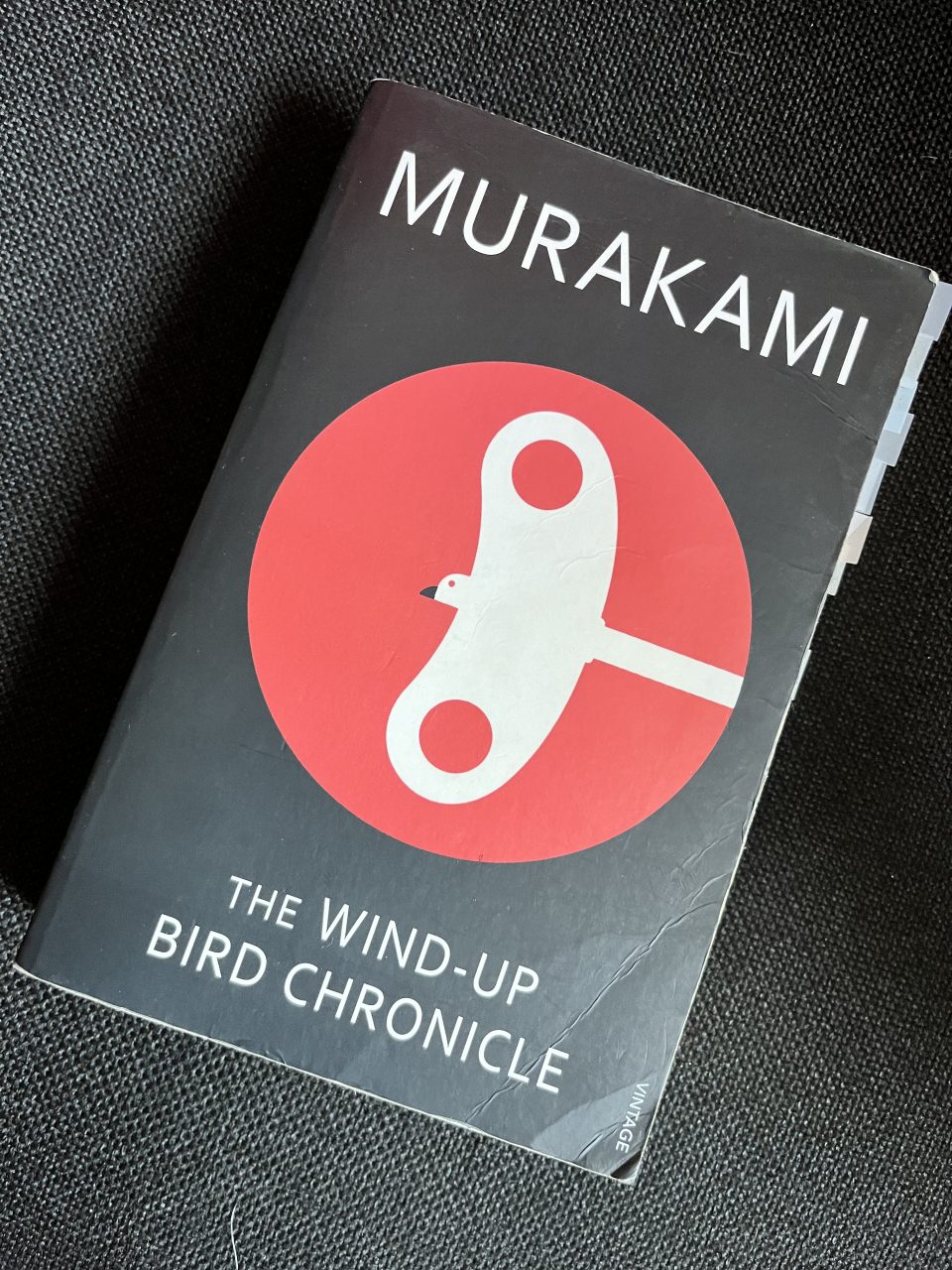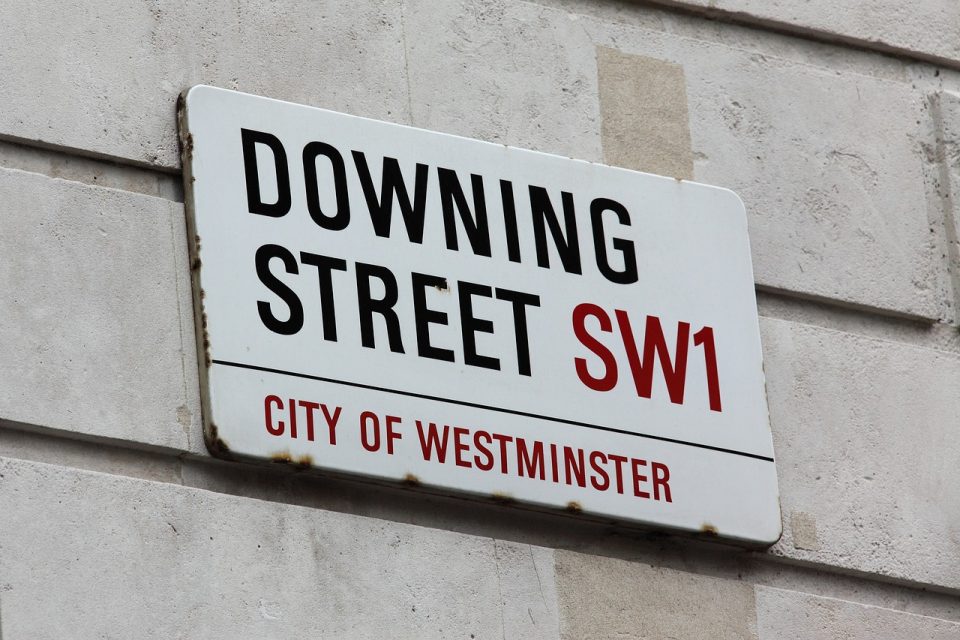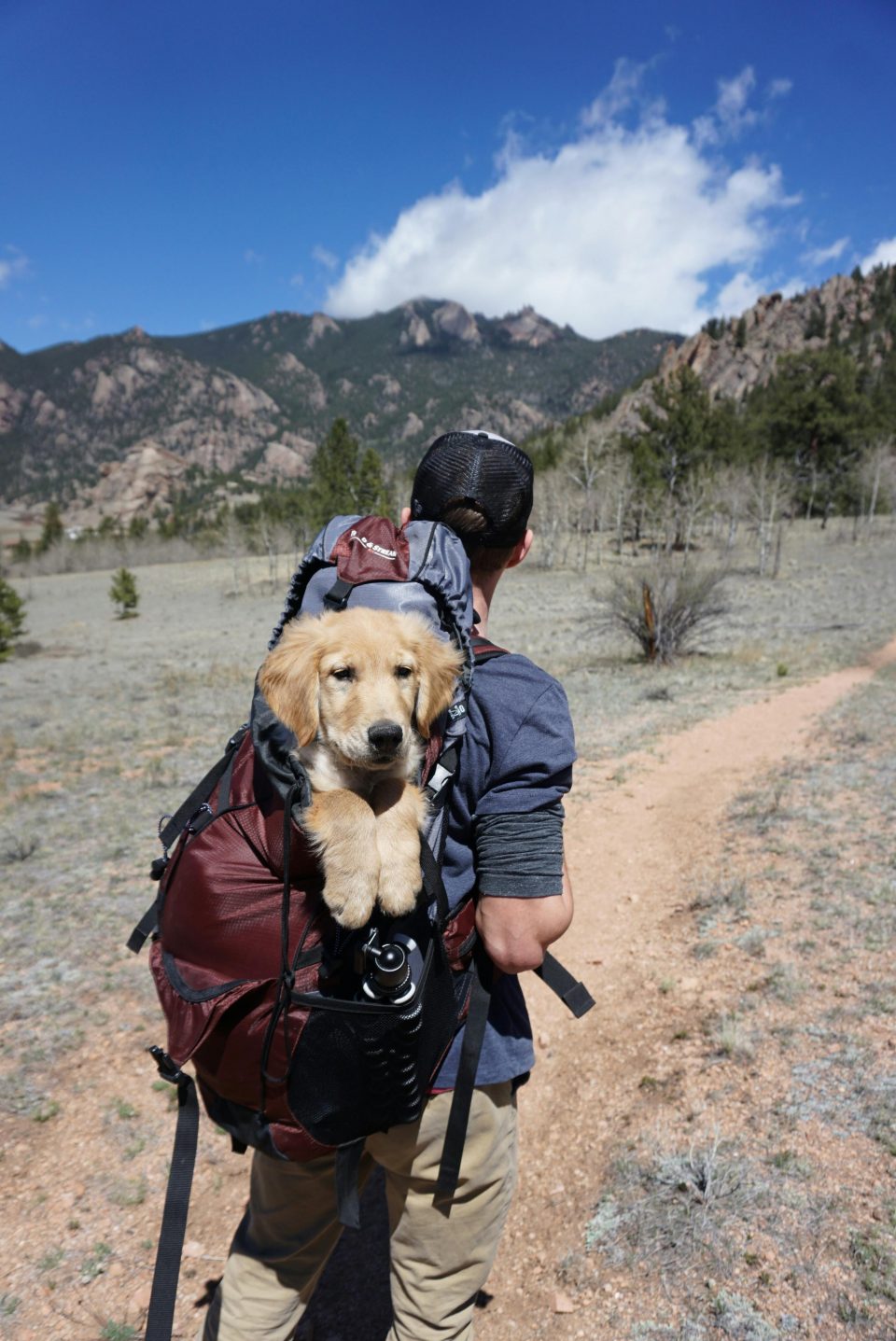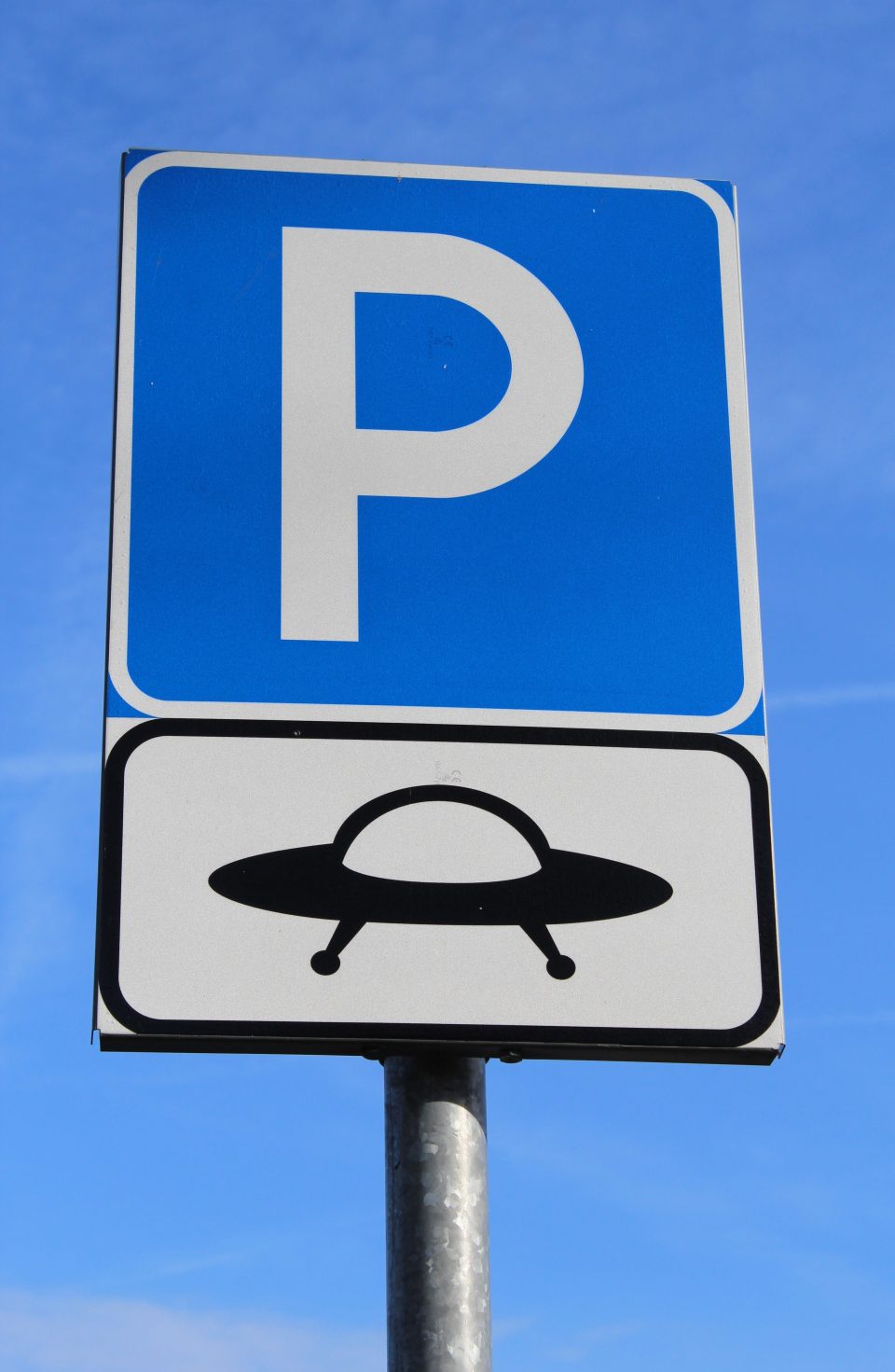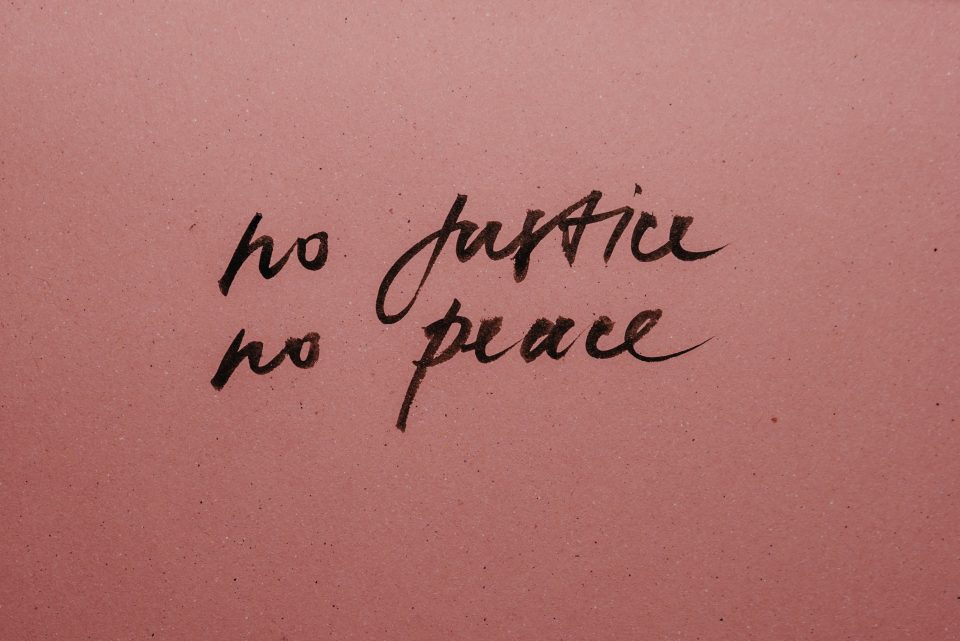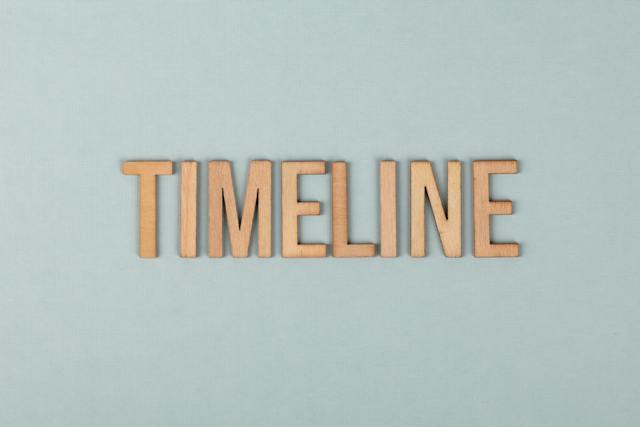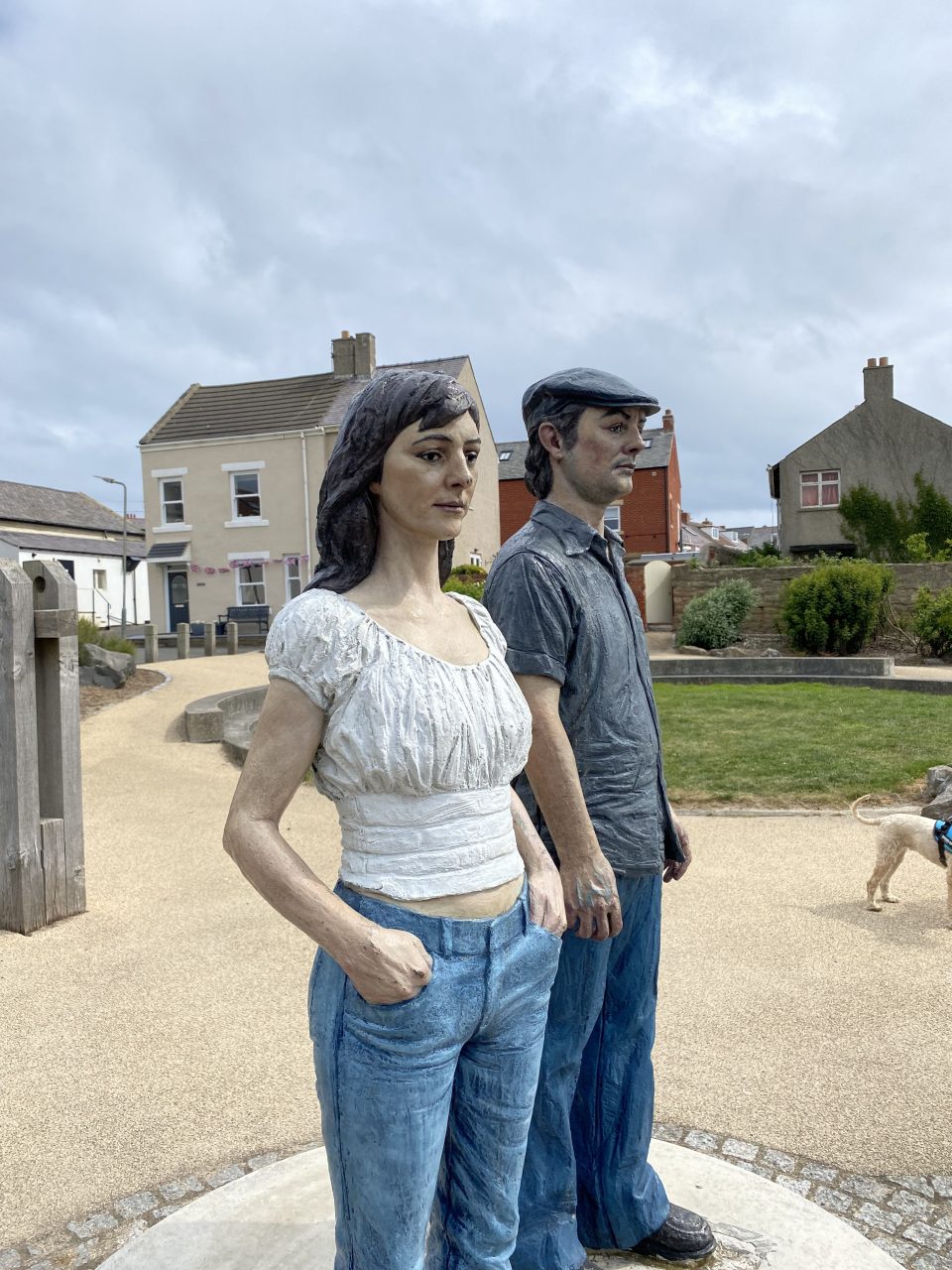Hi folks, I hope you are doing ok, this week we are meeting at the Enigma Tap at 7.30. This weeks Blog is written for us by Emily. It’s probably no secret that I’m a bit book-mad. So when I heard about this series on books/art/music etc, I knew that I wanted to (attempt) to write a blog. My favourite …
Rejoice (and Complain)
This week we have some thoughts from Caleb and we will be meeting at the Enigma Tap at 7:30pm. See you then. For this series of blogs we are invited to write about a song/movie/book/painting/TV programme/interpretive dance/well-made dry stone wall which is meaningful to us. I have chosen the song ‘Rejoice’ by Julien Baker. The song is available in all …
Music and Politics
Hi folks, i hope you are doing ok? This week we are meeting at the Crescent Club in Cullercoats, meeting at 7.30, I hope you can join us! I put a call out a few weeks ago for people to write a blog on either music, art, film, stories for our conversation, i’m thankful that the first persons to raise …
Get out of your comfort zone
Welcome back everyone! Hope you have enjoyed the long weekend last week. We are meeting this week (7th April) at the Enigma Tap at 7:30pm. Everyone is welcome. This weeks blog is from Naomi. So, I’m sitting here on a Monday morning writing this, when normally I would be enjoying a lie-in on my day off. The reason being? Well, …
Sci-Fi and Stories
Hi All, the blog this week is from John Morley and we will be meeting at The Enigma Tap at 7:30pm if you are wanting to join us. In the days before the internet there was a bookcase. In the days before streaming there was a library. In the days at the end of the moon landings there were stories. …
Call not for peace in the Holy Land, call for justice so that peace may root itself deeply and flourish.
Hi All, This week we will be meeting in the Enigma Tap at 7:30pm – looking forward to seeing those of you who can join us there. This weeks blog is a guest blog from David Hardman. The following is a little introduction to who he is and what he does. The Methodist Liaison Office & Revd David Hardman The …
Key Moments in Israel Palestine Conflict
Key Moments in Israel Palestine Conflict1 1917 a letter, known as the Balfour Declaration, regarded as one of the most contested documents in the modern history of the Middle East, commits the British government to “the establishment in Palestine of a national home for the Jewish people”. 1947 the UN votes for Palestine to be split into separate Jewish and …
A Question of Inclusion
This weeks guest blog is from Caleb! for those gathering for our conversation we will be at the Enigma Tap from 7:30pm Before I start, please bear in mind that, as I said in a previous blog, I don’t speak out of particular experience here. I have learned from knowing people and some study. Also please note that there are …
Finding God in the Horizontal
I find myself taking a lot of photos of the beach, the Sea and the sky. I like the horizontal lines, and I like them to have order. Sea and sky meet in the middle of the photos as a central horizonal divide. If the beach is involved, then I like things in thirds – thank you very much. Which …
Who owns the Pond?
This weeks blog comes a friend of ours called Tracey Hume who is a deacon in the Methodist Church and currently works as the Newcastle Methodist District’s Community Engagement Enabler. She has also been pivotal in setting up a Poverty and Truth Commission in Gateshead. We all know that the cost of living is going up. Fuel bills, cost of …
